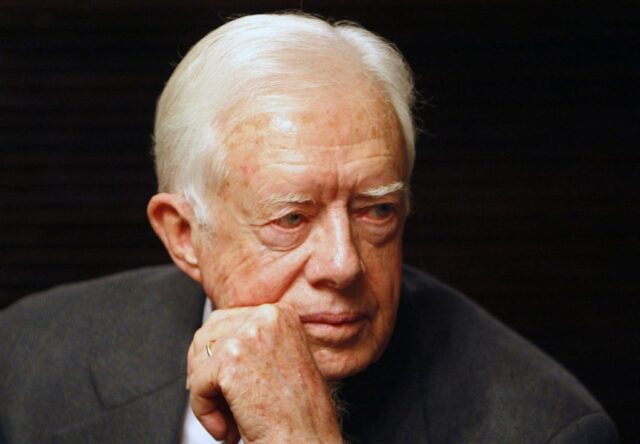William Brangham:
The Carter Center’s efforts span more than 80 countries and help bring about the eradication of diseases, the delivery of lifesaving drugs to far-flung areas, and a focus on improving mental health care.
To examine this work that was so important to Jimmy Carter, we are joined again by Dr. Peter Hotez. He’s co-director of the Texas Children’s Hospital Center for Vaccine Development and dean of the National School of Tropical Medicine at Baylor College of Medicine. He worked with Jimmy Carter on neglected tropical diseases.
Dr. Hotez, great to have you back on the program.
When you look at Jimmy Carter’s legacy on this front with regards to global public health, what stands out the most to you?
Dr. Peter Hotez, Baylor College of Medicine: I think, for me, it’s the fact that the president really hit home for the world how health is a fundamental human right.
Just like people have a fundamental right to access to food, water, and shelter, they also have a fundamental right of access to being free from ancient scourges, like Guinea-worm, like river blindness, like lymphatic filariasis, diseases that are not household names here in the United States, but globally they’re among the most common afflictions of people living in poverty.
He, more than anyone else, I think, really hit on the fact that people have a fundamental right to be free of these parasitic and neglected tropical diseases.














































